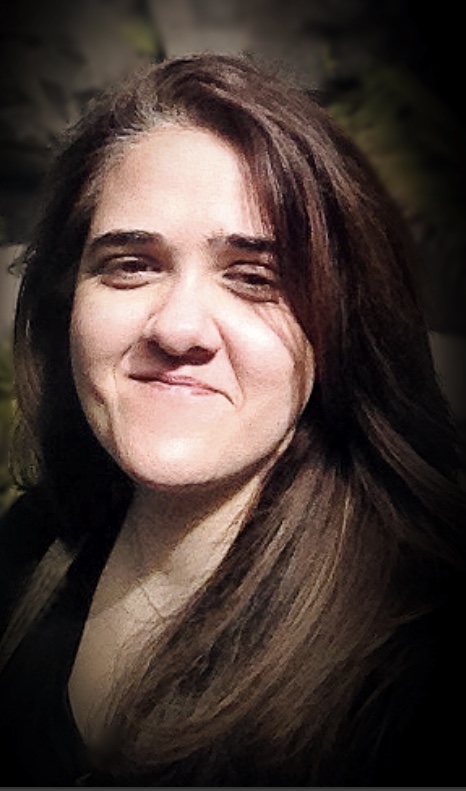
Naelah has been practicing as an Integrative Psychotherapist and Counsellor for individuals and couples for over eighteen years.
She has worked in private practice for over nine years alongside working as a specialist individual therapist and group facilitator to survivors of trauma for the past fourteen years. She previously worked in the NHS as a Primary Care Counsellor for eight years and in several domestic violence organisations as a counsellor for six years.
She has extensive experience of working with a wide range of issues including depression, relationships, workplace concerns, trauma, PTSD and cross cultural problems.
She is widening her practice with clinical supervision of individuals and groups and running reflective groups for organisations.
Naelah is a Registered and Accredited member of BACP & is UKCP Registered.
Further details can be found at:
www.wellness-therapy.com
E: [email protected]
How or Why Did you Become A Therapist?
I always wanted to work in the psychological field and to help people and recently found comments in my school books from friends wishing me luck in my ambitions to be a psychologist. I was fascinated by people, their behaviours, actions, choices and was always questioning the part played by nature vs nurture, free will, luck and all the other variables present in our lives.
I went on to study Psychology at University, then counselling and a more rigorous psychotherapy training a few years later.
What Are The Most Rewarding Aspects of Being A Therapist?
Meeting and forming unique relationships with amazing, inspiring people whom in ordinary circumstances are lives may have never crossed paths. It’s exciting and gratifying being alongside them in their journey of recovery. My work in the trauma field has been especially humbling. I’ve been able to work long term with women who would never be able to access specialised therapy.
What’s unique or special or special in your background or approach to interpersonal relationships?
When I form a therapeutic relationship, I take into consideration the individual and all the wider systems they may belong to. This can include their ethnicity, religious culture they may have grown up in, gender, educational background, culture, workplace organisations and all the other groupings they may be a part of.
We all belong to various sub-cultures that may influence our perception of ourselves, our place in it and of the wider world.
What are your favorite or most interesting interpersonal relationship tips/advice?
Listen to your gut, the innate voice inside you that guides you. When you trust your instinct, there is a level of belief in the self, a confidence in your ability to know what is right for you.
What are some things about therapy that you want to increase public awareness about?
The choice to have therapy doesn’t have to be driven by a crisis. Just as we have a yearly tune up for our car and boiler so we should for our emotional and mental well-being. I would like to encourage people to create a space to check in with themselves from time to time and reassess their emotional and psychological health.
What are some of the biggest mistakes a therapist or patient can make?
Mistakes can often be a source of learning in therapy, for both client and therapist. It requires trust, willingness and a commitment to work through ruptures and learn from them. Oftentimes it can strengthen the therapeutic relationship and reveal patterns of relating and managing conflict which may not have emerged ordinarily.